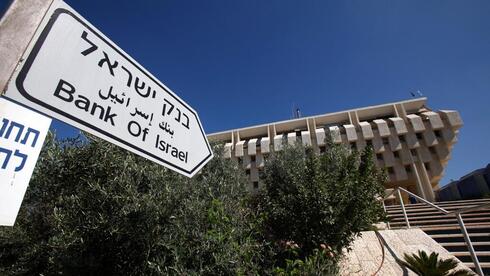Israel’s central bank is facing growing pressure from nearly every direction to lower interest rates as early as this month, amid warnings that the country’s monetary policy is increasingly out of step with the rest of the developed world.
Since the United States Federal Reserve cut its benchmark rate last week to a range of 3.75%–4.0%, calls have intensified for the Bank of Israel to follow suit. The central bank’s key rate has remained at 4.5% for nearly two years, with the prime lending rate holding steady at 6%, making Israel the only advanced economy that has not reduced rates since global inflation began to recede after the COVID-19 pandemic.
Finance Ministry officials, in what sources describe as their most direct appeal to date, have urged Bank of Israel Governor Prof. Amir Yaron to authorize an immediate rate cut. Senior officials argue that the current rate is unjustifiably high and misaligned with the state of the Israeli economy.
“There’s no reason the cost of money should be so high for Israeli citizens, especially when the rest of the world is moving in the opposite direction,” a senior Finance Ministry official said during an internal discussion. Officials note that while real interest rates (adjusted for inflation) are falling in the U.S. and Europe, they have continued to rise in Israel since August.
Economic leaders outside the government echoed the call over the weekend. Dovi Amitai, chairman of the Business Sector Presidency, urged Yaron to act: “Businesses are buckling under financing costs. A rate cut is essential to restore growth and send a message of confidence in the economy.”
Chen Shreiber, president of the Institute of Certified Public Accountants, said the time for hesitation was over: “The rate should be cut in the upcoming decision — and not just by a quarter-point, but by half.”
Ron Tomer, president of the Manufacturers Association of Israel, also weighed in, saying that the war has ended and regional risks have eased. “It’s time to relieve the pressure on exporters and businesses,” he said. “The delay is hurting growth and creating a dangerous gap between Israel and the global economy.”
Tomer warned that continued rate cuts in the U.S. would weaken the dollar, making Israeli exports less competitive and potentially slowing the country’s postwar economic recovery.
The Bank of Israel’s next rate decision is expected later this month. While the central bank has resisted previous calls for cuts, government and industry pressure suggest that holding firm may soon be politically and economically untenable.

